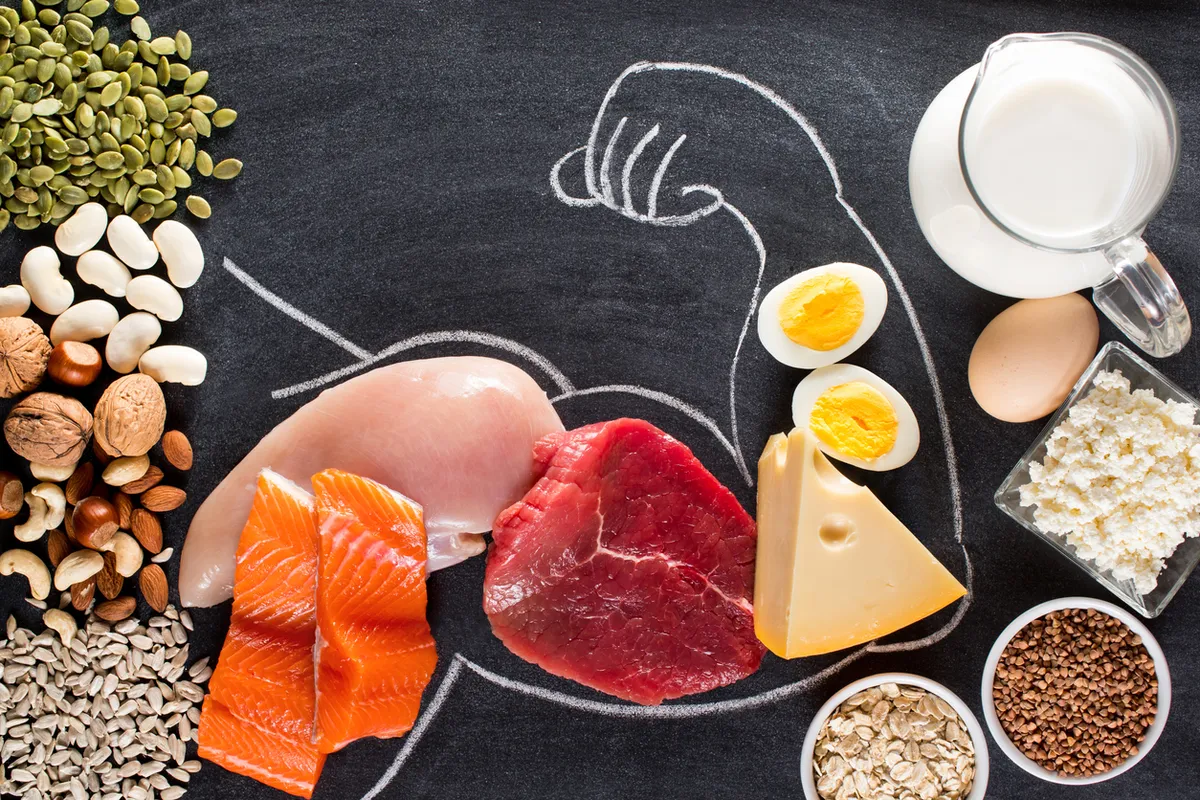
The Best Foods for Muscle Recovery
Muscle recovery is one of the key pillars of a successful workout plan. After an intense exercise session, your body requires specific nutrients to repair damaged muscle tissue, reduce inflammation, and replenish energy stores. Choosing the right foods can make all the difference in this process.
In this article, we explore the best foods to optimize muscle recovery and their benefits.
1. Eggs
Eggs are an excellent source of complete protein, containing all the essential amino acids needed for muscle synthesis. They are also rich in vitamin D, which supports bone health.
Tip: Enjoy boiled eggs or an omelet after your workout to maximize their benefits.
2. Fatty Fish (Salmon, Sardines, Mackerel)
Rich in omega-3 fatty acids, fatty fish helps reduce muscle inflammation. It’s also an excellent source of protein and B vitamins.
Tip: Include a serving of grilled salmon with vegetables in your post-workout dinner.
3. Sweet Potatoes
Sweet potatoes are rich in slow-digesting carbohydrates, essential for replenishing muscle glycogen stores. They also contain vitamin A and antioxidants.
Tip: Pair sweet potatoes with a protein source like grilled chicken for a balanced meal.
4. Berries
Strawberries, blueberries, and raspberries are loaded with antioxidants that combat oxidative stress caused by exercise. They are also a natural source of simple carbohydrates.
Tip: Make a smoothie with Greek yogurt and berries for a quick and nutritious option.
5. Chicken
Chicken is a classic muscle recovery food due to its high content of lean protein. It also provides niacin, a vitamin essential for energy metabolism.
Tip: Combine chicken with brown rice and vegetables for a complete meal.
6. Greek Yogurt
Greek yogurt is rich in casein and whey, two proteins that promote muscle recovery. It also provides calcium and probiotics, which are important for overall health.
Tip: Add nuts and honey to Greek yogurt for an ideal snack.
7. Spinach
Spinach contains magnesium, a mineral that supports muscle function and reduces cramps. It’s also rich in antioxidants.
Tip: Make a salad with spinach, walnuts, and feta cheese to complement your main meal.
8. Nuts and Seeds
Almonds, walnuts, and chia seeds are sources of healthy fats that help reduce inflammation and provide sustainable energy.
Tip: Snack on a handful of nuts between meals.
9. Quinoa
Quinoa is a superfood packed with plant-based protein and complex carbohydrates. It also contains iron, which aids in oxygen transport to muscles.
Tip: Substitute rice or pasta with quinoa in your meals.
10. Water and Sports Drinks
Hydration is essential for muscle recovery. Water replenishes fluids lost during exercise, while sports drinks can provide important electrolytes.
Tip: Stay hydrated throughout the day, and consider a sports drink after long training sessions.
Conclusion
Muscle recovery requires not just adequate rest but also a balanced diet. Incorporating the foods mentioned above into your meals can help improve performance, reduce recovery time, and prevent injuries.
For more tips on nutrition and training, check out the blog.
